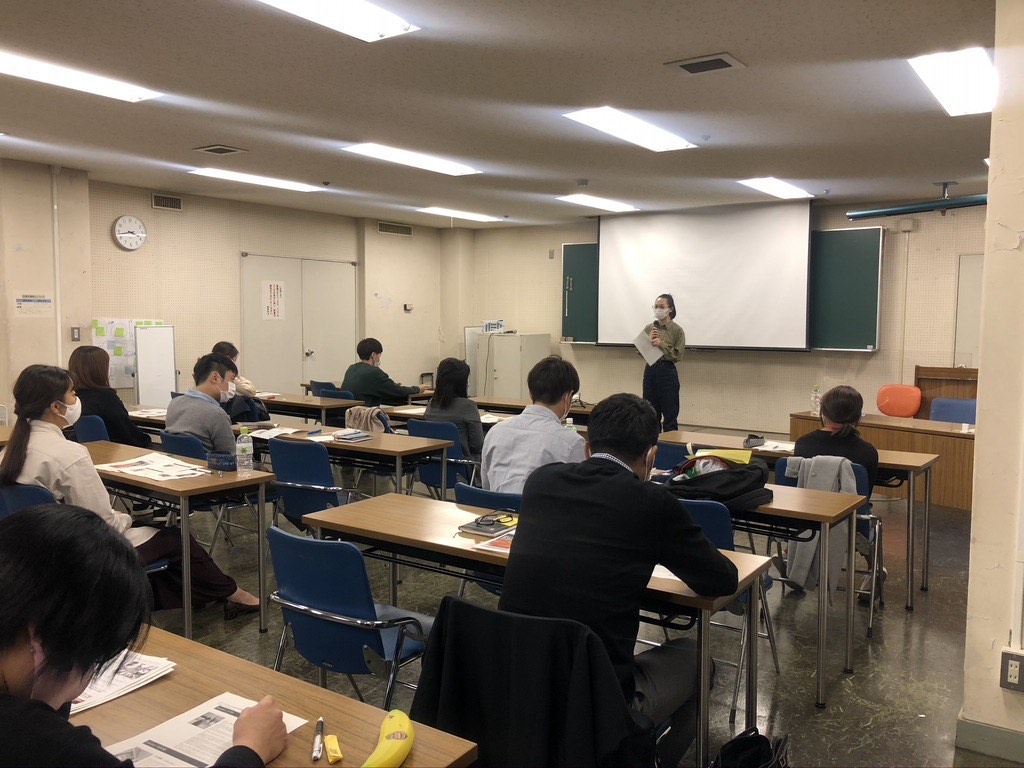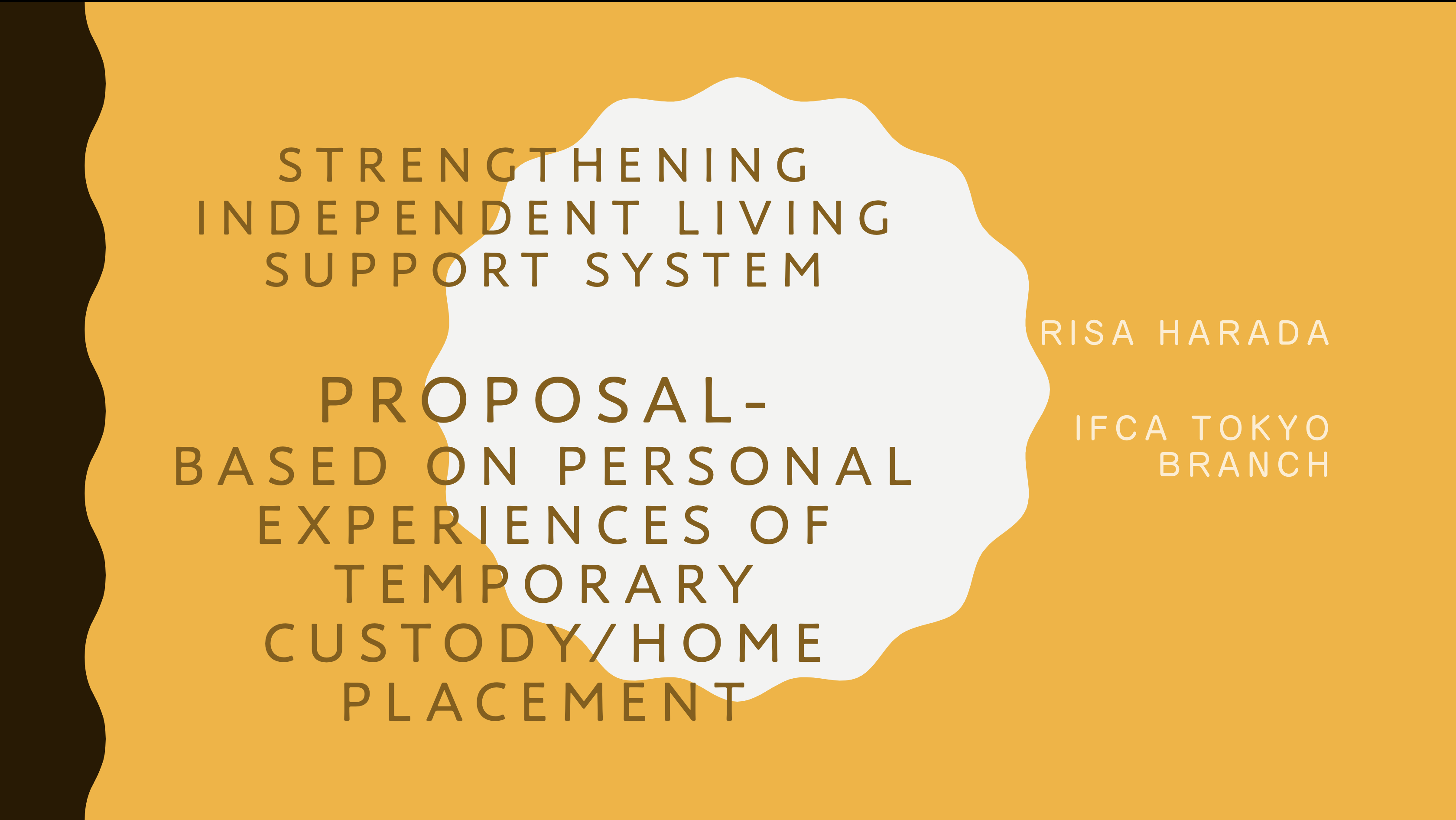Janice Cole
Joseph Campbell, a renowned philosopher and mythologist, is famous for the following challenge: “Follow Your Bliss”. He nests this challenge within what he calls the Hero’s Journey – Separation, Initiation, and Return. Joseph Campbell’s life work was to demonstrate that the Hero’s Journey is present in every story ever told. First, a hero is separated from normal life through a call to adventure and leaves the familiar world behind. Then the hero learns to navigate an unfamiliar world through the process of initiation. In the new world the hero goes through trials and challenges until eventually, the hero is able to return to the familiar world. Once home, the hero gives back to the community armed with the knowledge and transformation of the journey. I think the Hero’s Journey is the perfect metaphor for foster care. A foster youth is separated from their family and placed into an unfamiliar world. They go through challenges, face barriers, and overcome enormous obstacles. After they become adults, foster youth are able to shed their foster care status, and return to “normal life”. At that point, many foster youth (myself included) choose to give back, and work to improve the lives of other youth in care.
One of the most important elements of the Hero’s Journey is that they don’t do it alone – heroes have mentors along the way who help guide and support them through their adventure. Thinking back on my own journey, I can firmly say that I would not be where I am today were it not for the supportive adults who were in my life. When I say supportive adult, I do not mean any adult I encountered along the way who helped me. Supportive adults are a specific and invaluable role that adults can play in the lives of foster youth. While they do indeed help youth, supportive adults are so much more than that. They are safe, consistent, trustworthy, adults who offer guidance and emotional support, can be a role model, go above and beyond, and respond to the needs of youth.
This last March I had the opportunity to present on this very idea in Japan, along with some other areas we as an alumni team are extremely passionate about. IFCA partnered with two incredible organizations in Fuji City and Fukuoka to talk about the history of youth advocacy, foster care recruitment, youth voice, youth leadership, and supportive adults. One of the things that stood out to me during this trip, as with all IFCA activities, is how beautiful collaboration between organizations, youth and adults, and countries can be. In the same way that supportive adults can partner with foster youth to help them transition into empowered adults, IFCA has been able to partner with other organizations to empower youth, caregivers, and professionals to advocate for child welfare reform.
Another thing that really stood out to me about this trip was that as great as collaboration and empowerment is, we can’t stop there. It is one thing to hear about someone’s journey and feel inspired. It is another thing altogether to hear someone’s story and take action. This taking action is why youth advocates share their story. It is my sincere hope that those who listened to us present in Japan this last March were fueled to work toward change, and that I can continue to collaborate with them toward our ultimate goal: improving the lives of foster youth.
Campbell says that following your bliss means doing the one thing that you can’t not do. For me, the one thing I can’t not do is to see the state of foster care today, and not take action. What does it mean to you to follow your bliss?








Leave a Reply